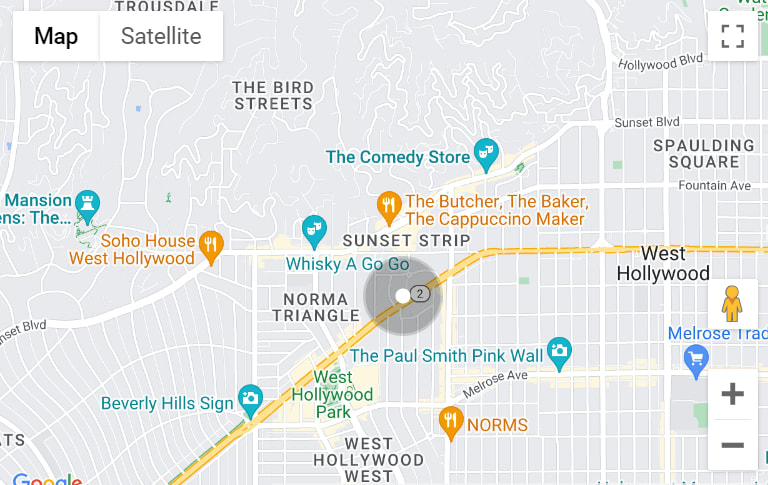
-
Compass
851 Madison Avenue
New York City, NY 10021
-
Stacey Froelich Team
|
Here's how it works:
The concept of a seller loaning a buyer the money to buy their property may strike you as impossible or strange but New York City brokers say it is neither. Instead, seller financing, a rare, yet creative way to fund a deal, is something you may start to hear about more frequently now that mortgage rates are above 7 percent.
How does seller financing work? When a seller offers financing, they are essentially acting as the bank. As with a typical deal involving financing, a buyer gives down payment for a percentage of the purchase price.
As for the remainder, instead of advancing a sum of money to buy their property, the seller agrees to accept an installment plan, usually for a rate that beats available mortgage rates. It could be a significant discount, like 3 percent, or one just a point or half point below what’s currently available, like 7 or 7.5 percent. Either way, with the principal and interest payments, the seller ends up making more than the purchase price over time.
All seller financing deals are different because flexibility is the name of the game here, but the terms could work like this: A seller would require a down payment of 25 or 30 percent and the buyer makes monthly payments for an agreed-upon loan term, which could be shorter than a typical conventional loan, a few years or as many as 7 or 10 years, with a final balloon payment at the end.
Sellers and buyers remain connected With a typical transaction, sellers get their money and walk away, paid in full. Instead, if you’re on either side of a deal involving seller financing, you remain connected. Hunting for seller-financed listings Desperate sellers—with an estate property or a unit in a building that has some kind of issue, like a big assessment—make the best targets for buyers to ask for seller financing. But buyers may also come across listings being marketed with seller financing. What if a buyer defaults with seller financing? As with any loan, there’s always the possibility of a default. With seller financing, the seller would repossess the property. Safeguards for seller financing You’ll need some professional guidance if you want to create safeguards for a deal using seller financing. A lawyer to draw up a contract between buyer and seller outlining the terms is a must.
Jonathan Helfer is a partner at law firm Romer Debbas and co-manages the firm’s residential real estate department. There are two significant points to be aware of, he tells Brick.
The first: If the seller offers a rate that is below the Applicable Federal Rate, the minimum interest rate that the Internal Revenue Service allows for private loan, then it is considered a taxable gift. This is something frequently overlooked, he tells Brick.
The second piece of advice is to make sure the deal is recorded, Helfer says. That means the buyer pays mortgage recording tax (for condos and townhouses only). It’s pretty expensive.
That might seem strange, since seller financing is a means to avoid a mortgage. Helfer says if the buyer stops making payments, having the deal recorded provides additional documentation to aid in repossessing the property. You can read more here.
In this challenging market environment we are thinking outside the box to get deals done. As agents we need to be armed with the tools to get our clients to the closing table!
Warm regards, Stacey Froelich |